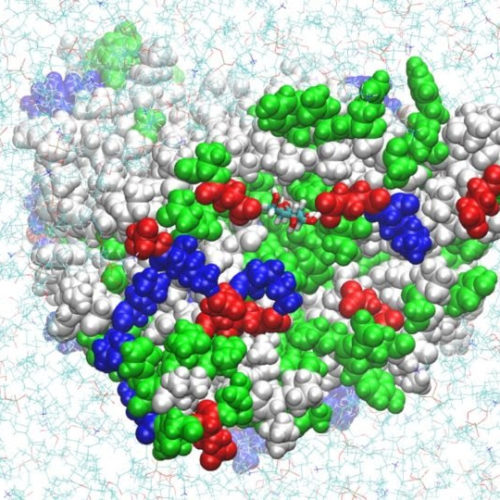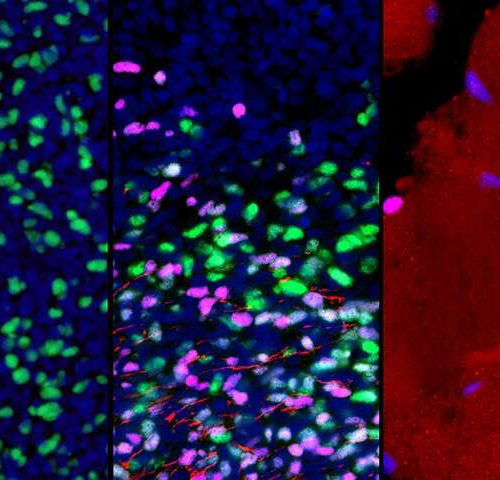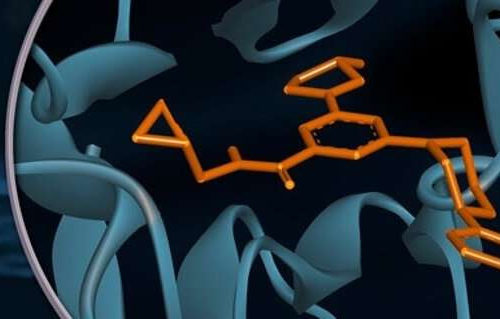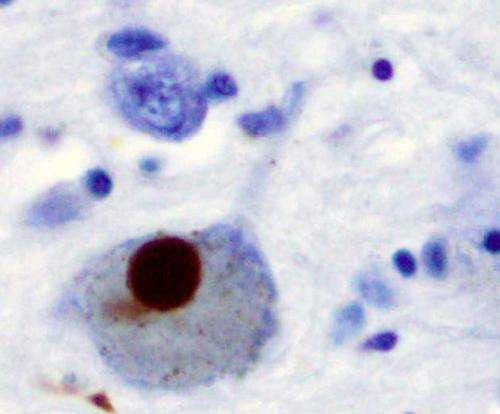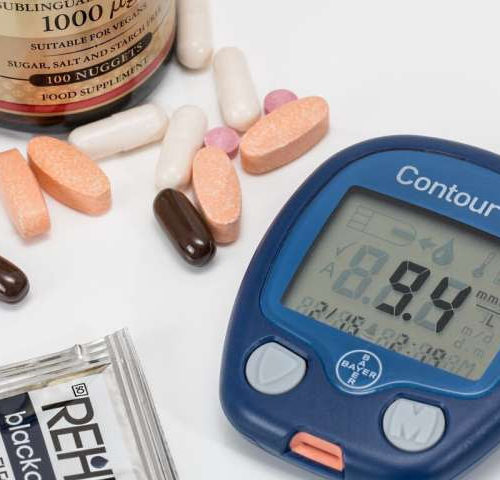This news or article is intended for readers with certain scientific or professional knowledge in the field. Some of the most essential processes on the planet involves water and energy entering and leaving cells. The cellular doormen responsible for this access are known as aquaporins and glucose transporters, two families of proteins that facilitate the...
Tag: <span>biological systems</span>
Reviewing Associations Between Physical Activity and Loss of Average Telomere Length with Age
This news or article is intended for readers with certain scientific or professional knowledge in the field. Telomeres are repeated DNA sequences at the ends of chromosomes. With each cell division a little telomere length is lost, and this is an important part of the countdown mechanism that limits replication of somatic cells. Somatic cells...
An emerging understanding of smell
How does the brain detect smells? To find out, you could rely on biological sciences, using high tech imaging methods, or studying anatomical diagrams. You could even get philosophical and ask, “What is the smell, anyway?” Or, you could turn to the engineer. That’s what ShiNung Ching, an associate professor in the McKelvey School of...
No use hiding your age: Scientists develop an eye scanner that can detect and track biological ageing in humans for the first time by analysing proteins in their lenses
he team created an eye scanner that can tell someone’s ‘real’ or biological age There is no universal method for tracking a person’s biological age, authors say By building this new scanner they were able to create one method to see the age The team say that biological age is a more accurate health measure...
The self-synthesizing ribosome
As the cell’s protein factory, the ribosome is the only natural machine that manufactures its own parts. That is why understanding how the machine, itself, is made, could unlock the door to everything from understanding how life develops to designing new methods of drug production. An intensive, long research effort at the Weizmann Institute of...
Scientists create first roadmap of human skeletal muscle development
by University of California, Los Angeles An interdisciplinary team of researchers at the Eli and Edythe Broad Center for Regenerative Medicine and Stem Cell Research at UCLA has developed a first-of-its-kind roadmap of how human skeletal muscle develops, including the formation of muscle stem cells. The study, published in the peer-reviewed journal Cell Stem Cell,...
Body’s own marijuana helps us forget traumatic memories
by Leiden University The endogenous compound anandamide—often referred to as the body’s own marijuana—plays a role in erasing memories of a traumatic event. This was discovered by an international team led by Leiden chemist Mario van der Stelt. The results have been published in Nature Chemical Biology and may provide a starting point for the...
Predictive models could provide more accurate detection of early-stage Parkinson’s disease
by York University How is your sense of smell? Do you find yourself frequently dozing off during the day or thrashing about during dreams? Often, early stage Parkinson’s disease does not present with typical motor disturbance symptoms, making diagnosis problematic. Now, neuroscientists at York University have found five different models that use these types of...
New genetic markers of type 2 diabetes identified in East Asians
In the largest study of its kind in any non-European population, an international team of researchers, including a University of Massachusetts Amherst genetic epidemiologist, has identified new genetic links with type 2 diabetes among 433,540 East Asian individuals. The findings, published in Nature, “provide additional insight into the biological basis of type 2 diabetes,” says...
How time affects the fate of stem cells
ECOLE POLYTECHNIQUE FÉDÉRALE DE LAUSANNE How do temporal variations in protein concentrations affect biology? It’s a question that biologists have only recently begun to address, and the findings are increasingly showing that random temporal changes in the amount of certain proteins play a direct and significant role on biological processes. In a new study published...
- 1
- 2

